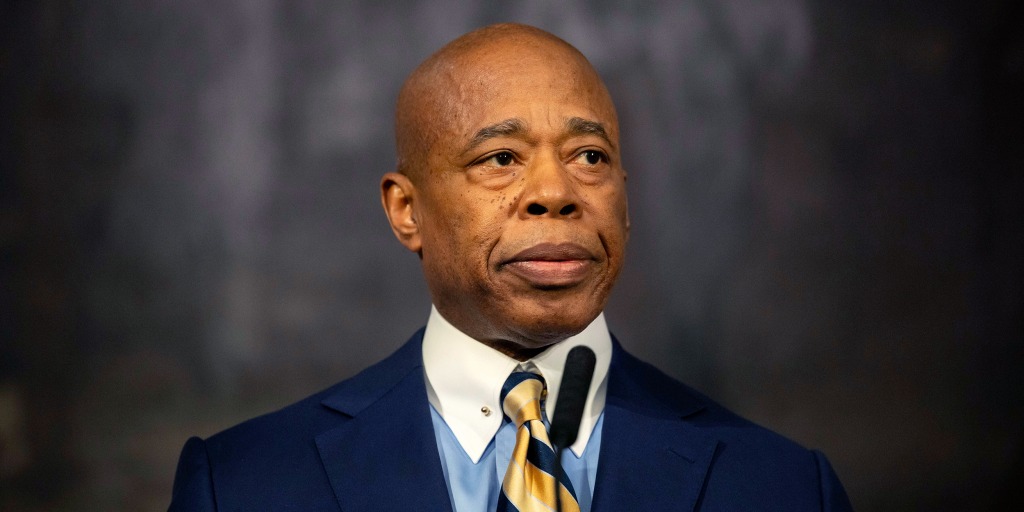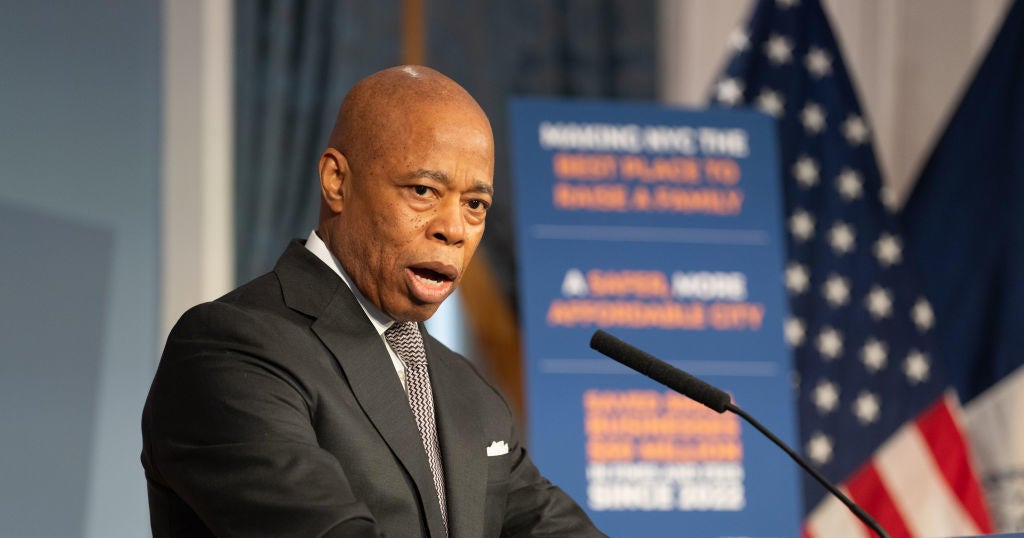Trump does not see JD Vance as successor but praises his capabilities

WASHINGTON -- President Trump has stated it is too early to determine if he will endorse Vice President JD Vance as his potential successor for the 2028 election.
In an interview taped ahead of the Super Bowl, Fox News chief political anchor Bret Baier asked Trump, 78, whether he considers Vice President JD Vance as his successor and the Republican nominee in 2028. Trump responded, "No, but he's very capable."
The president continued, "I think you have a lot of very capable people. So far, I think he's doing a fantastic job. It's too early. We're just starting."
Baier remarked that by the time the midterms arrive, Vance would likely seek Trump's endorsement. To this, Trump brought attention to the current perception surrounding his presidency, saying, "A lot of people have said that this has been the greatest opening -- almost three weeks -- in the history of the presidency."
This interview clip was aired on Monday afternoon, shortly after Vance, 40, arrived in France with his family for his inaugural foreign trip as vice president. He is set to attend an artificial intelligence summit in Paris before proceeding to the annual Munich Security Conference in Germany this coming weekend.
Trump's decision not to endorse Vance may stem from his constitutional requirement to vacate the office at the end of his second term in January 2029. While Trump has often speculated about amending the Constitution to run for a third term, this is seen as a strategy to mitigate his "lame duck" status, which could diminish his political influence.
As the third-youngest vice president in US history, Vance was selected by Trump as his running mate in July, urged by Trump's first son, Donald Trump Jr. At the time, Vance was considered to be most aligned with Trump's populist views.
Previously, Vance served Ohio in the Senate for two years and held roles as a venture capitalist and lawyer. He is also a best-selling author; his memoir "Hillbilly Elegy," released in 2016, was adapted into a film in 2020 by director Ron Howard.
Historical precedent shows that presidents do not always back their vice presidents' aspirations for higher political office. For example, then-President Barack Obama dissuaded his vice president, Joe Biden, from running in 2016, allowing Hillary Clinton to seize the Democratic nomination. Ultimately, Biden ran in 2020 and succeeded in defeating Trump.



















